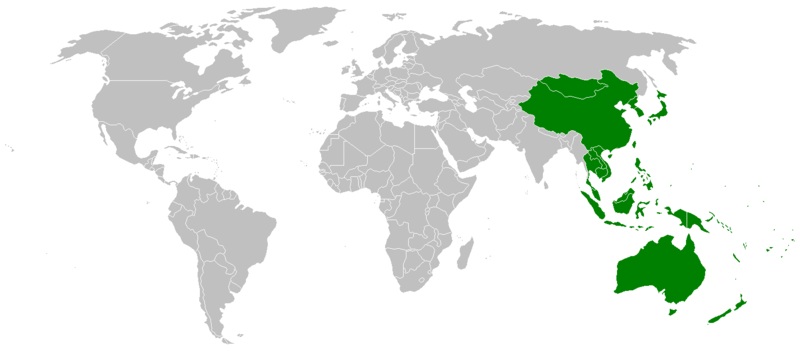That said, QR codes are still holding a respectable place in the opinion of study respondents.
According to the results of a poll that was recently conducted by Mobile Commerce Press, there are forms of mobile marketing that consumers feel are the most effective, and others in which they have yet to see very much value.
That said, overall, it is clear that consumers do see the value of some types of mobile ads.
The survey was conducted over the first half of November and has indicated that consumers have definite preferences in the way that they want to be reached over their devices such as smartphones and tablets, when it comes to the mobile marketing strategies of their favorite companies.
Some of the top options were those that were on the very cutting edge of mobile technology and that brought to mind images of certain blockbuster science fiction films that were set in the future. This suggests that consumers are becoming quite open minded about the use of mobile commerce and in being reached by companies by way of their favorite connected devices.
Among the key findings that resulted from this mobile marketing study were the following:
• Over 30 percent of respondents felt that geolocation and location based marketing techniques were the most effective.
• More than 30 percent felt that mobile apps with a loyalty program had the greatest effectiveness.
• QR codes continued to hold a respectable position as 24.5 percent of the respondents still felt that they were the most effective form of mobile advertising technique.
• Augmented reality (such as virtual dressing rooms and print ads that “come to life” with digital media when viewed through a mobile device) was thought to be most effective by 7.5 percent of the respondents.
• The categories of SMS mobile marketing, mobile coupons, Hipcricket, and NFC technology were each valued the highest by under 2 percent of the survey respondents.
It was interesting to note the value that was placed on some of the more cutting edge technologies such as geolocation and augmented reality, which are not yet nearly as commonplace as QR codes in today’s mainstream marketplace.
This suggests that it may not be too long before the experience of the character John Anderton (played by Tom Cruise) in the blockbuster movie Minority Report, when he walked through a mall and into a Gap store, may not be too far off. Though that technology involved the use of retina scans in order to identify him and present him with personalized advertising and customer service, a similar type of experience would not be out of realm of possibility for future mobile marketing. Smartphones, tablets, or even wearable technology could be used to identify the individual through geolocation tech, in order to use augmented reality for a personalized advertising and shopping experience.

 The range of different uses that were included in within this report included navigation and travel, geo-social networking, real estate and retail searches, as well as
The range of different uses that were included in within this report included navigation and travel, geo-social networking, real estate and retail searches, as well as 